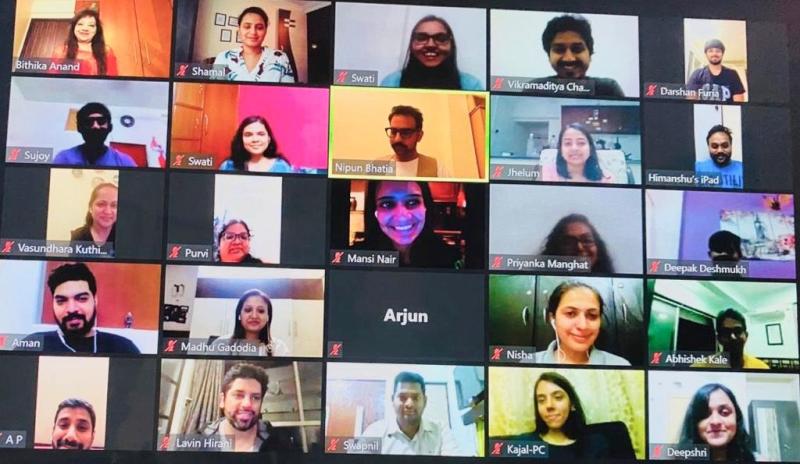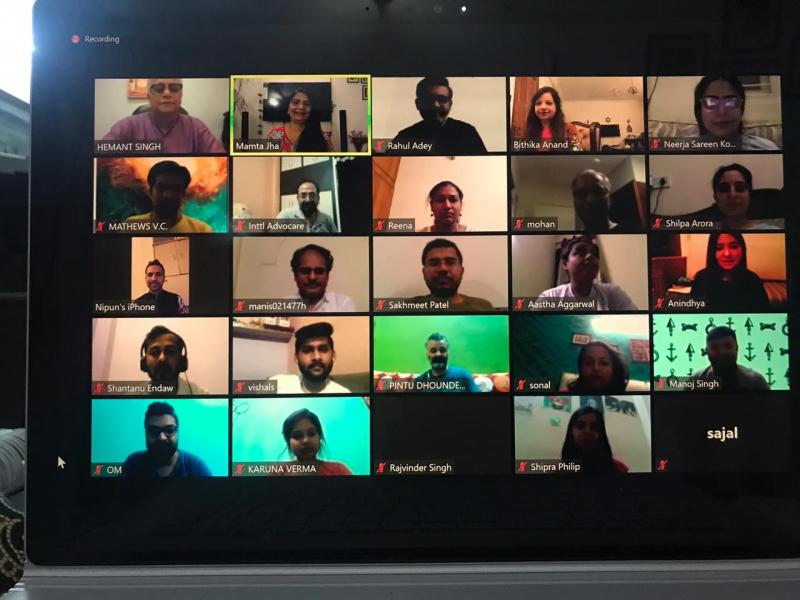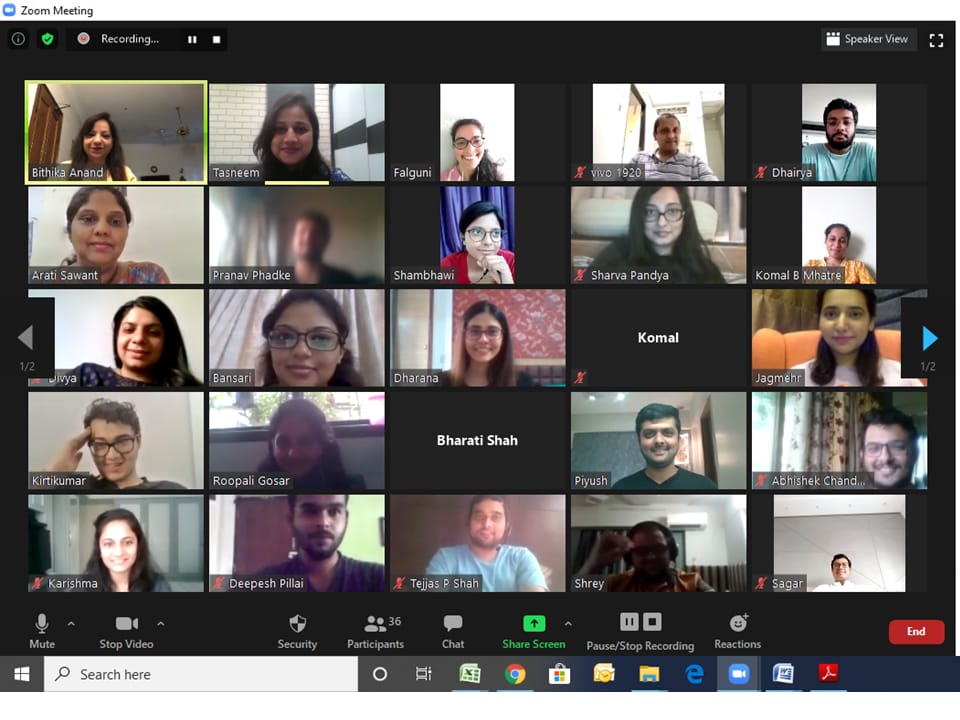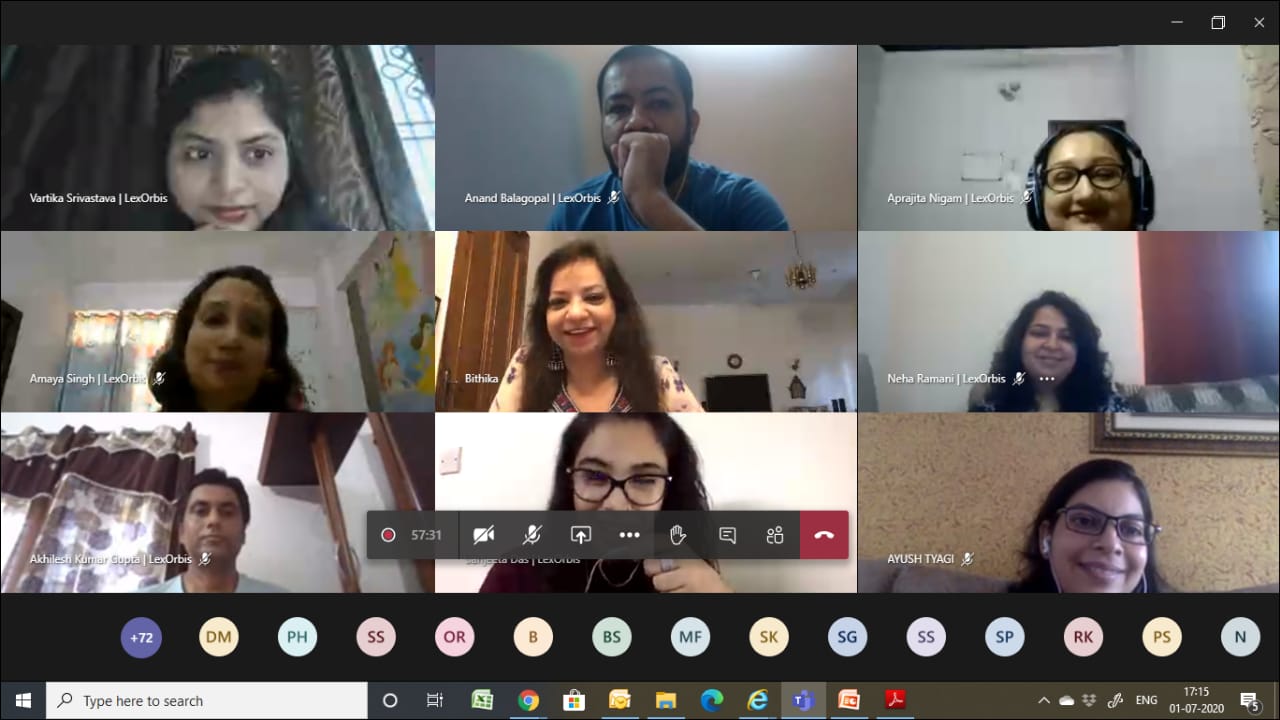
As the world becomes increasingly interconnected, the need for Indian law firms to recruit legal talent from foreign jurisdictions has never been more apparent. The complexities and legal hurdles involved in cross-border recruitment, however, can often be a deterrent. But what if there was a workaround? With the rise of remote work, could Indian law firms bypass some of these challenges and tap into the global talent pool more efficiently?
The legal challenges linked with cross-border recruitment are manifold. They range from navigating different immigration laws to understanding divergent employment regulations, not to mention ensuring that foreign hires are permitted to practice law in India. These hurdles can sometimes make the process of cross-border recruitment seem daunting for Indian law firms.
However, the advent of remote work, accelerated by recent global events, has presented a potential solution. With the possibility of working from any location, does hiring foreign legal talent need to be as complex?
When hiring foreign lawyers for remote roles, Indian law firms may be able to bypass some of the immigration and employment law complexities typically associated with cross-border recruitment. The need for work permits and compliance with Indian labor laws may be diminished if the foreign hire is working from their home country. This could potentially streamline the recruitment process and make hiring foreign talent more accessible for Indian law firms.
However, it’s essential to note that remote work doesn’t eliminate all legal complexities. Issues related to taxation, data security, and professional licensing still need to be addressed. Moreover, managing a remote team across different time zones can bring its own set of challenges, requiring effective communication and robust tech infrastructure.
Despite these considerations, the benefits of remote cross-border recruitment for Indian law firms are hard to ignore. Besides the potential to bypass some legal hurdles, hiring remote foreign talent can bring diverse perspectives, international legal expertise, and a broader client base. Plus, it can position the firm as a modern, flexible employer, which can be a significant advantage in the competitive legal job market.
While remote work may not be a panacea for all the challenges associated with cross-border recruitment, it certainly offers a new avenue for Indian law firms to explore. By leveraging the opportunities presented by remote work, Indian law firms can tap into the global talent pool more efficiently and navigate the complexities of cross-border recruitment with greater ease.






